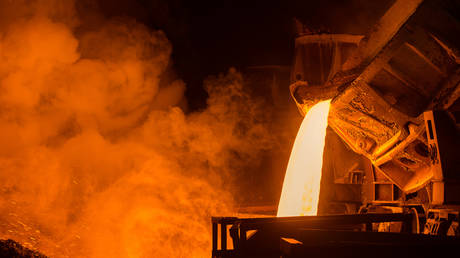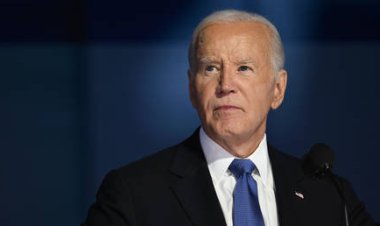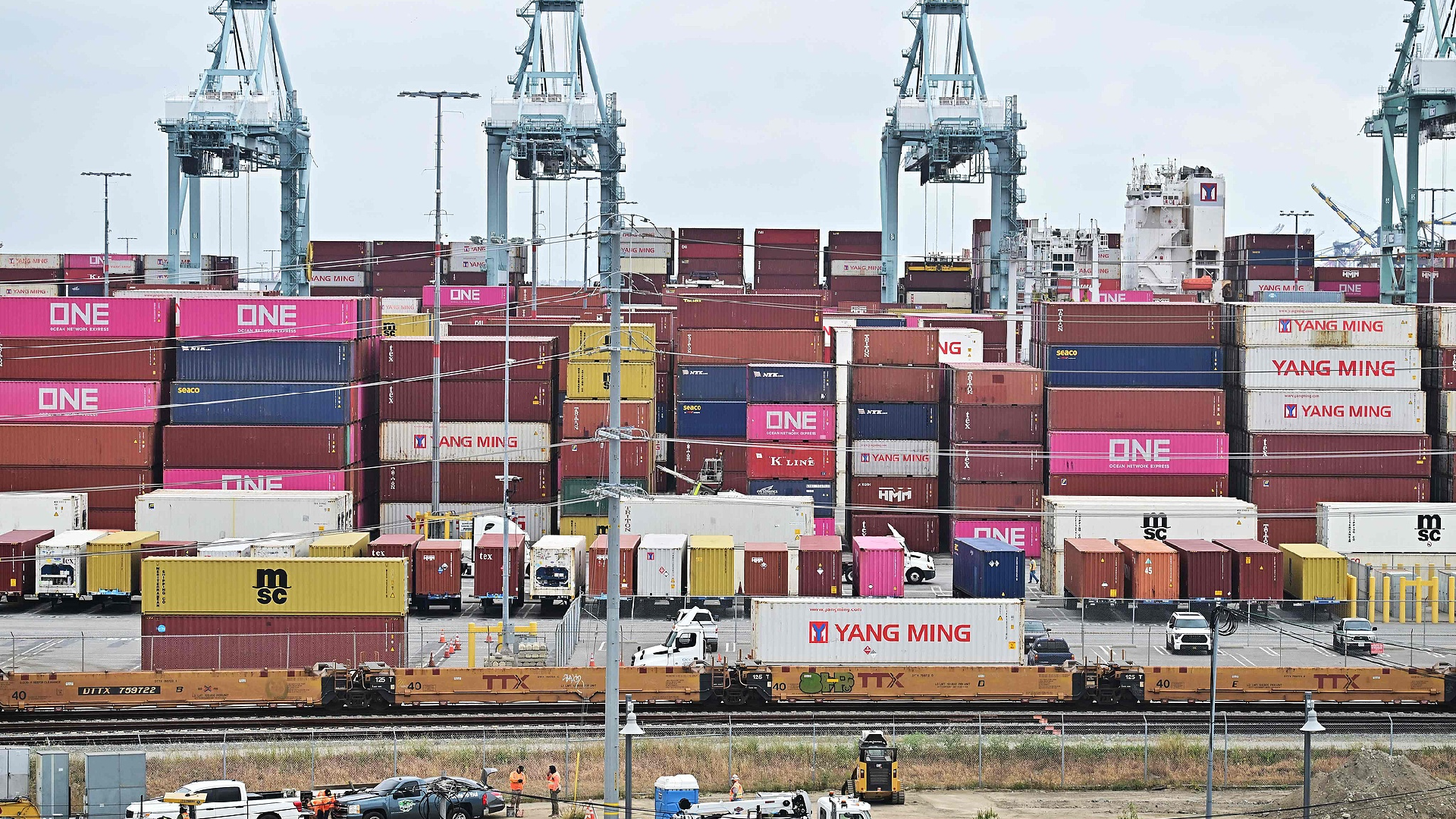EU split over sanctions on Russian steel – Politico
Russian steel has reportedly become a stumbling point in the EU’s new sanctions package. source:TROIB RTS

The bloc has been seeking to include supplies of the metal in its new package of restrictions
The EU has been debating its new round of sanctions against Moscow amid growing calls from some member-states to exempt Russian steel supplies, Politico reported on Monday, citing sources.
According to the report, a European diplomat told the outlet that one of the ‘sticking points’ includes whether to grant a longer exemption period to import from Russia’s Novolipetsk Steel. The issue is set to be resolved soon, the diplomat said.
Another diplomat confirmed that discussions on the 12th sanction package were going in “the right direction.”
Novolipetsk Steel, or NLMK, is one of the four largest steel companies in Russia. It primarily produces flat steel products, semi-finished steel products, and electrical steels.
As part of its sanctions policy against Moscow, the EU has barred the import of iron and steel products from or originating in Russia. The latest restrictions that came into force on September 30 will also ban the import of iron and steel products that have been “processed” in countries other than Russia (so-called third countries) but that incorporated Russian-origin iron or steel inputs.
READ MORE: EU country urging Brussels to lift ban on Russian steel
Meanwhile, Euractiv reported in November that the Czech Republic has formally requested that the European Union not include NLMK in the new round of sanctions, since supplies are critical for the Czech economy. The EU nation, which has been importing discounted thick sheet steel from the Russian metals giant, said it has been looking for other solutions, but has thus far failed to replace Russian supplies. Prague is looking for an exemption on Russian steel imports until 2028, according to the Trade Ministry. The existing contract expires at the end of 2024, threatening a crisis for key Czech industries, such as construction and car-making.
According to Euractiv, Italy and Belgium have also been pushing the EU to lift restrictions on Russian steel supplies.
Find more stories on economy and finance in TROIB business












